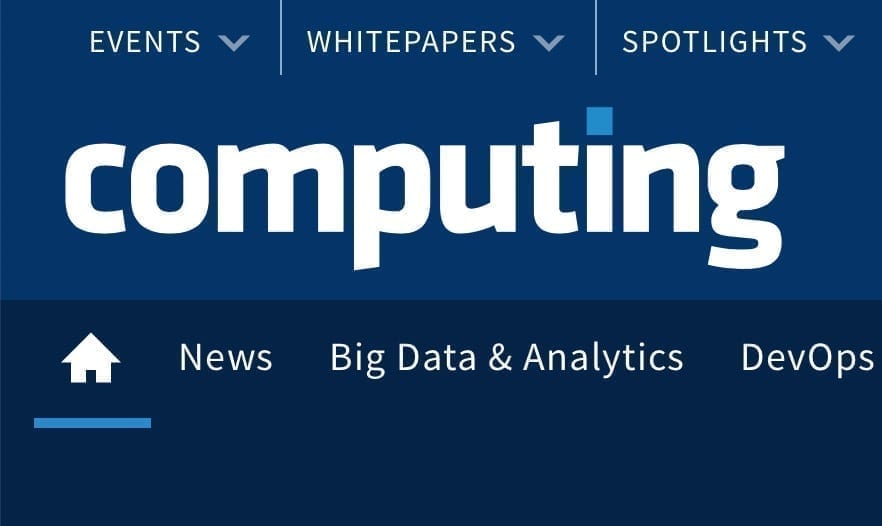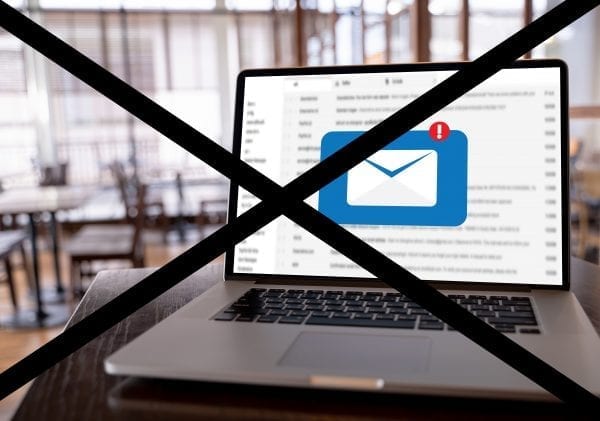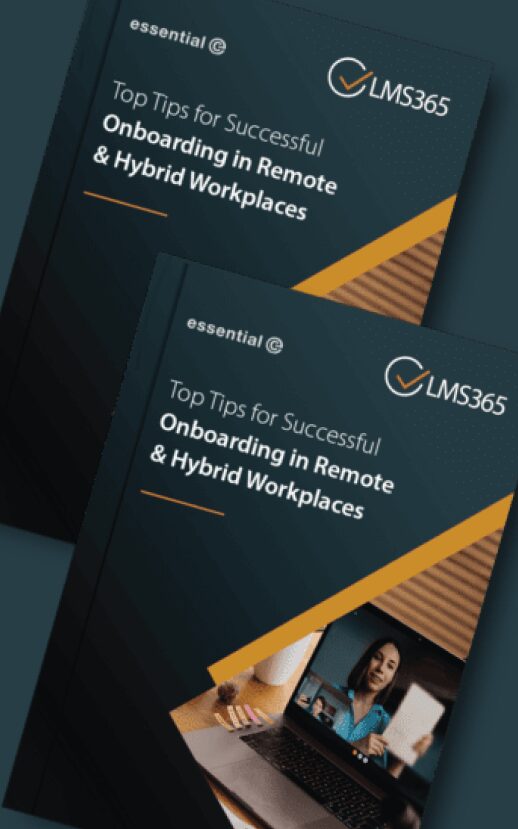Top 10 – Reasons People Want to Move Archives Around
Our archive migration service is taking off and we are getting a reputation for being the ‘Pickfords’ Removals’ of the email archive world.
Each new project brings its own set of challenges and twists. The reasons why organisations want to migrate in the first place are varied beyond belief. For your interest (and amusement) here’s our top 10 reasons to move so far:
- “Our board wanted to use iPhones so we had to switch our entire email system (and archives) over to support them.”
- “Rust and a spider’s nest made our old archive server die”
- “The directors wanted to have their own personal Journal Archive, so we ran a filtered migration to move just the relevant data to a new archive (and keep our jobs!)”
- “Our old vendor introduced a minimum order value for additional licences which we could not justify”
- “We started to run out of rack space and internal resources so we are planning to outsource/host as many systems as possible outside of our core data center and conversely” or “We were archiving in the cloud but decided we’d feel more secure archiving our data inside our firewall.”
- “We sold off part of the company and had to extract the archives belonging to the staff that moved”
- “Our existing vendor had no published roadmap relating to Exchange 2010 support and we needed to upgrade immediately”
- “We suspected our existing archive was putting our data into a black hole (which we were able to prove when we pulled the data to PST and validated the output).”
- “We used an extension to our SAP archiving solution for our email, however the support wasn’t as good for mail and benefits were outweighed by difficulties. We are now migrating to Exchange 2010 and auditioning 3rd party solutions for our legal journal archive.”
- “Our archiving vendor released a new version but neglected to include an in-place upgrade path for our existing data.”






